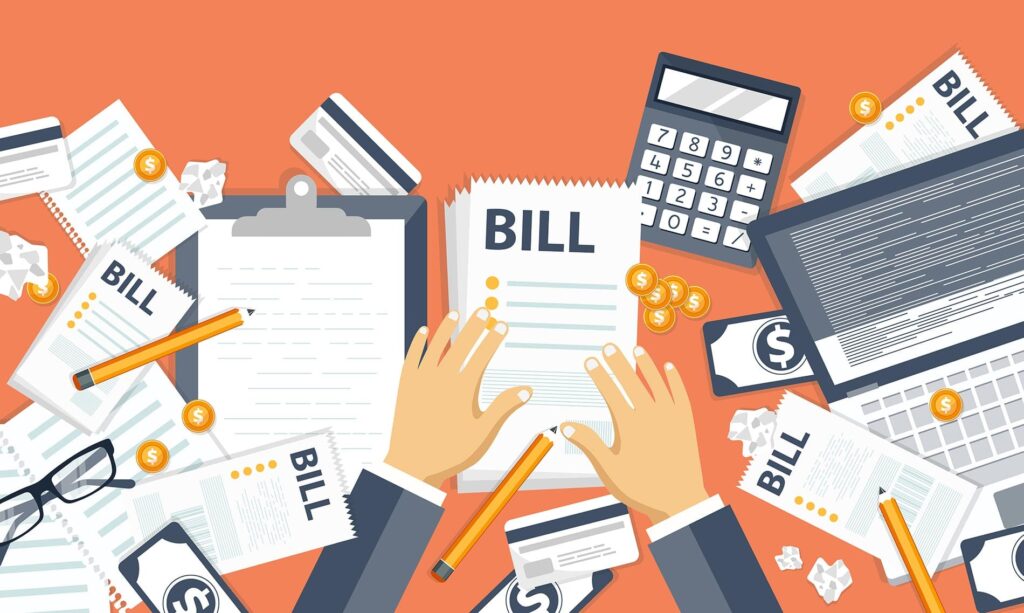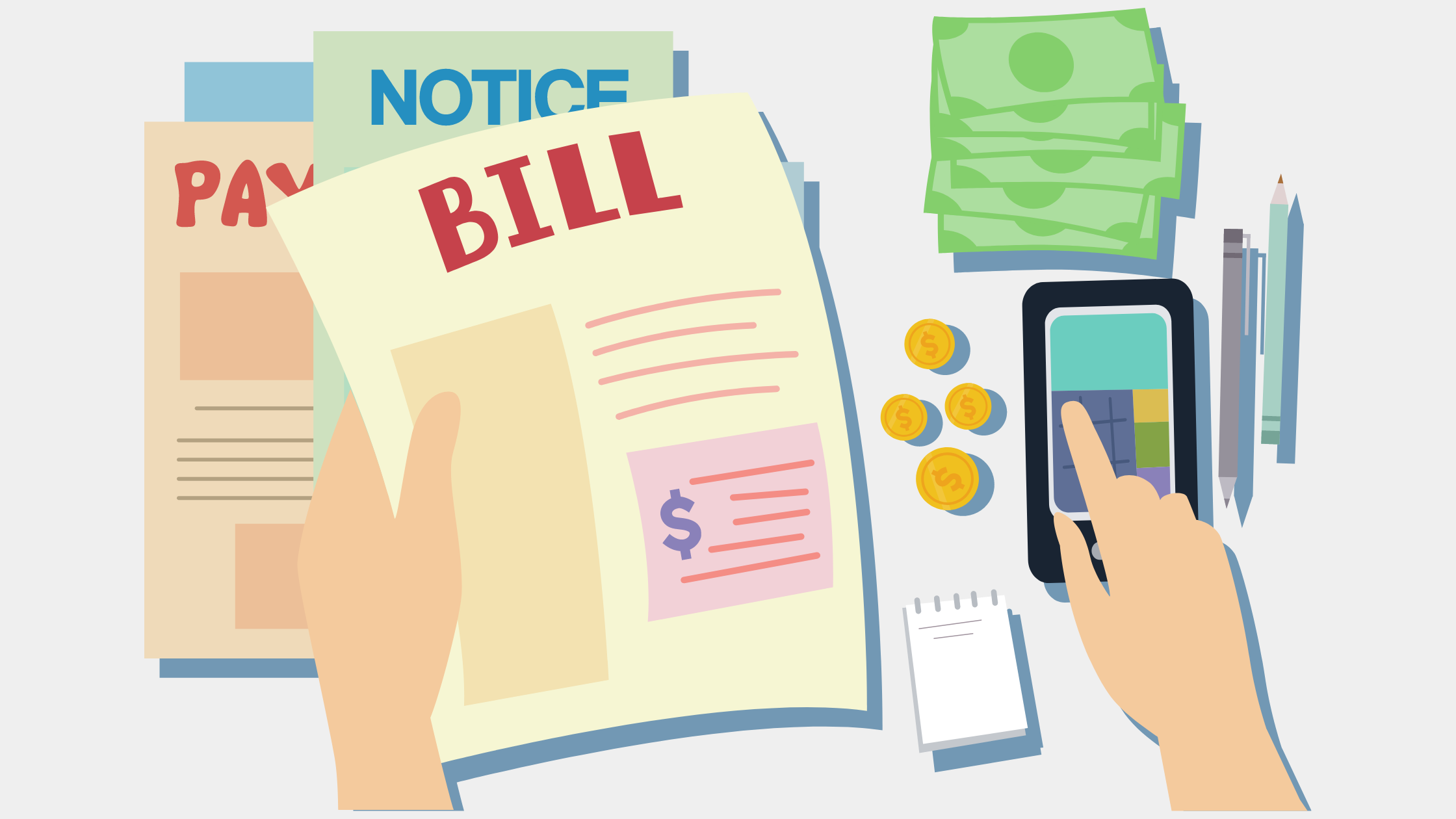Fake utility bills have become a subject of ethical concern due to their potential accessibility for investigative purposes. This article delves into the ethical dilemma surrounding the use of fabricated invoices and their implications in investigations.
By exploring both sides of the argument, we aim to shed light on the complexities of this issue.
Understanding Fake Utility Bills
Fake utility bills are forged documents that mimic genuine bills from utility service providers. They are readily available on the internet and can be created using basic graphic design tools.
Unfortunately, these documents can be misused for illegal activities such as identity theft, financial frauds and false alarms. However, it is essential to acknowledge their potential value for legitimate investigative purposes, including assisting law enforcement agencies and private investigators in their pursuit of justice.
Arguments for Accessibility
The strongest arguments supporting accessibility to fake utility bills for investigation purposes are as follows:
- Enhanced Investigations: Access to forged invoices provides investigators with valuable tools to uncover and prevent crimes more effectively. These documents offer leads, evidence, and patterns that aid law enforcement and private investigators in their pursuit of justice.
- Solving Cases: Fake utility bills have played a pivotal role in successful investigations, solving complex cases that would have otherwise remained unsolved. This brings closure to victims and ensures public safety.
- Prevention: Accessing forfeited bills allows proactive measures to identify potential criminal activities, preventing harm and minimizing the impact of fraud and identity theft.

Arguments against Accessibility
On the other hand, critics raise ethical concerns regarding the accessibility of fake utility bills:
- Misuse and Exploitation: Unauthorized access to forged documents risks misuse and potential exploitation, enabling fraudulent activities and causing financial losses.
- Dangerous Precedent: Granting access to fabricated documents sets a dangerous precedent, compromising evidence integrity and undermining the rule of law.
Balancing Ethics and Investigative Needs
To strike a balance between investigative needs and ethical considerations, stringent regulations and oversight should be implemented. Access to forged service bills must be granted only under specific circumstances, with proper authorization and adherence to legal procedures.
Creating a framework that ensures responsible use and protects individuals’ privacy is crucial in maintaining trust and ethical standards.
Conclusion
The ethical dilemma surrounding the accessibility of fake utility bills for investigative purposes is a complex issue. Striving for a middle ground that upholds ethics while facilitating legitimate investigations is essential.

